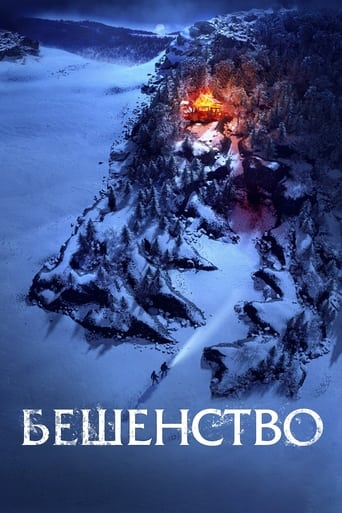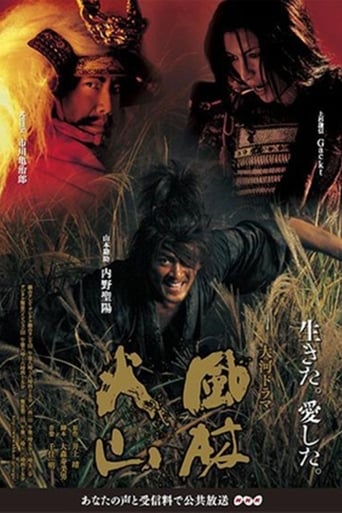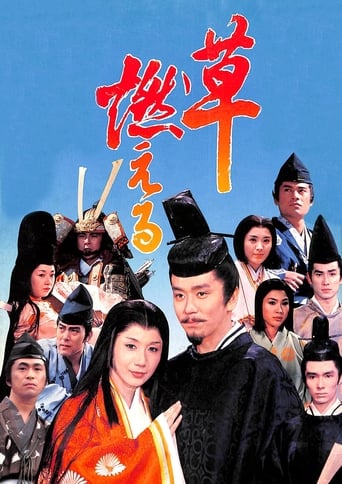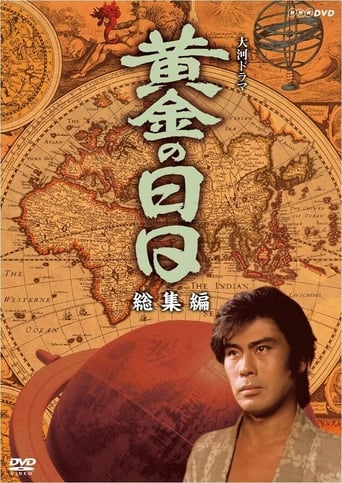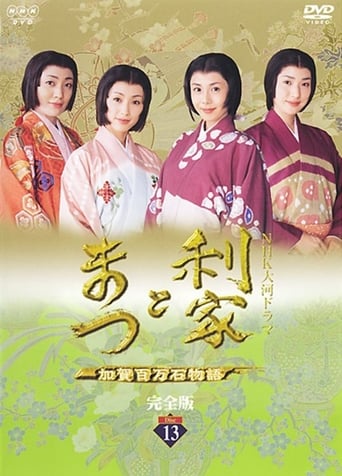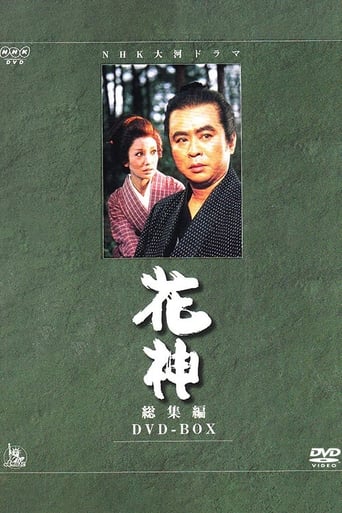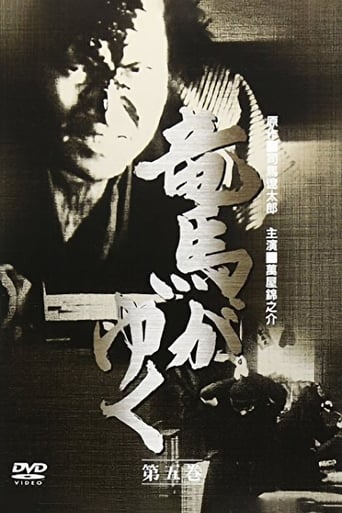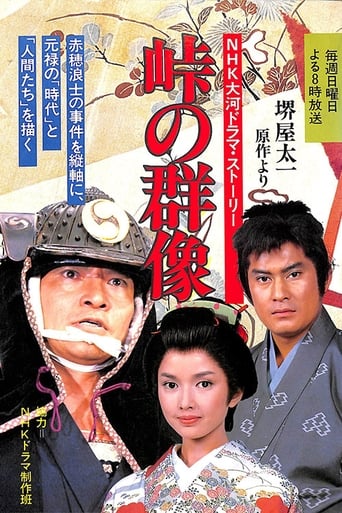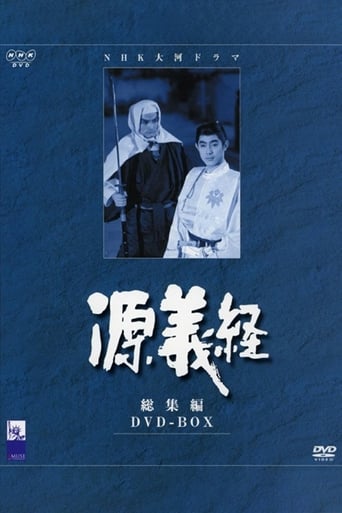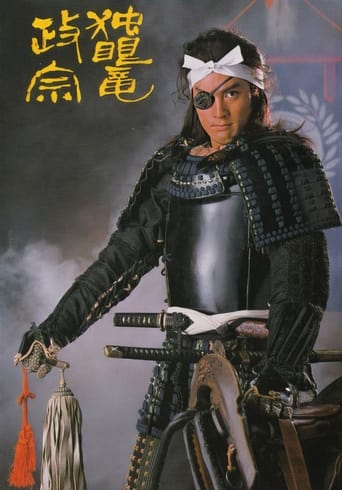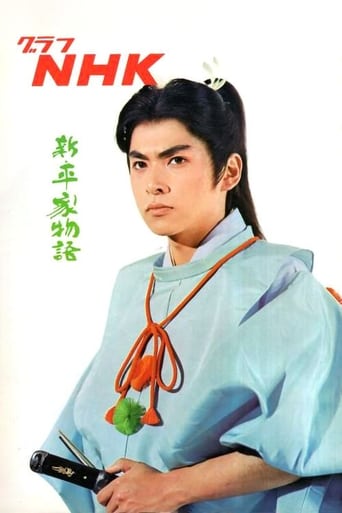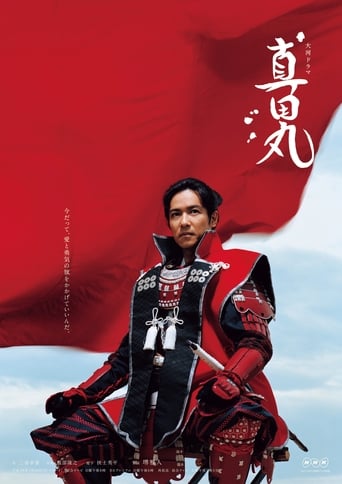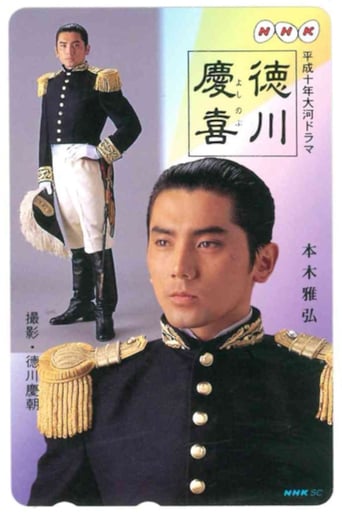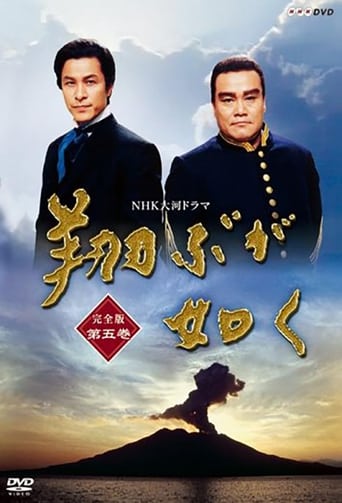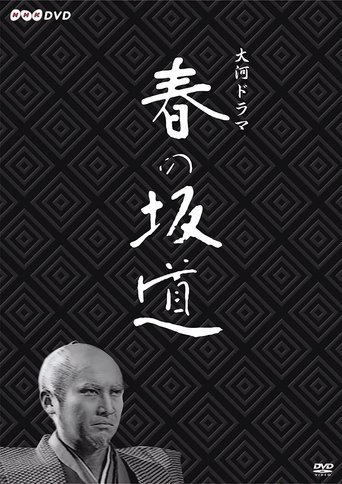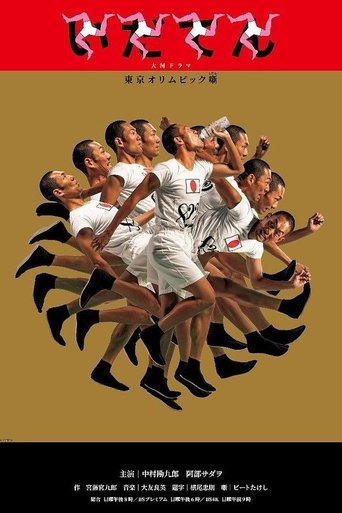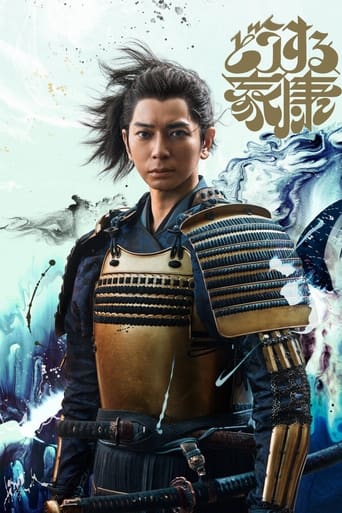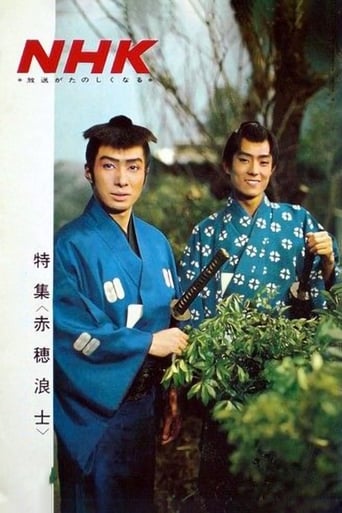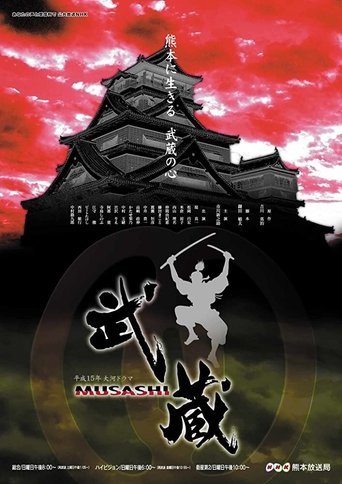キーワード Taiga
Santa's Wild Home 2020
馬ならし、タイガを駆ける 2021
ロシア国境に近いダルハト渓谷で“馬ならし”を生業とする男、シュへルトの日々を追った作品。遊牧民たちは毎年一時期、馬を自然に戻し、本能を取り戻させる。自然の状態に戻った荒れ馬を訓練して飼いならすのが、馬ならしの仕事。彼が手懐けられなかった馬の多くは、持ち主に殺される運命だ。シュへルトは遊牧と狩り、夏場は相撲の賞金で収入を得る。最大の脅威は、国境を越えて侵入してくるトゥバの盗賊だ。盗賊たちはシュへルトがいない間に、群ごと馬を盗んでいった。愛馬を取り返すべく、雪の平原を一人行くシュへルト。孤独なサバイバルのような捜索が始まった。馬への愛情と敬意が感じられ、ヒューマニズムにあふれたドキュメンタリーだ。
Atsuhime 2008
The 47th NHK Taiga Drama is a life story of Princess Atsu, who was born in Kagoshima Prefecture, then called Satsuma, and became the wife of Tokugawa Iesada, the 13th shogun of the Tokugawa shogunate. She accedes to the highest rank in Ooku, the inner palace of the Edo castle where women related to the reigning shogun resided. Iesada dies soon after their marriage and Atsuhime assumes the name Tenshoin at the age of 23. She exerts herself for the Tokugawa clan and for the nation during the upheaval in the Meiji Restoration, headed by those from Satsuma.
Samurai Banners 2007
Fūrin Kazan was the 46th NHK Taiga drama beginning on January 7, 2007. It was aired throughout 2007. The four characters from left to right are wind, woods, fire, and mountain. The title is a reference to the war banner used by Takeda Shingen, which in turn was taken from Sun Tzu's The Art of War. It means "Swift as the Wind, Silent as a Forest, Fierce as Fire and Immovable as a Mountain."
Kusa Moeru 1979
The story chronicles the life of Hōjō Masako during the Kamakura Period.
Ōgon no Hibi 1978
Luzon Sukezaemon is a merchant who imports vases from the Philippines. The vases are highly valued as tea utensils and he makes a huge profit. This was the first taiga drama to concentrate on the lives of commoners and the reviled merchant class of the Tokugawa period. It documents the rise and fall of the merchant city of Sakai, as seen by its most famous resident, the semilegendary Luzon.
Toshiie and Matsu 2002
The 41st NHK Taiga Drama is Toshiie to Matsu. During the turbulent Warring States Era, one man's life and career intertwined with the three great generals of Japanese history-Nobunaga, Hideyoshi, and Ieyasu. With political savvy and the support of his fiercely loyal wife, Maeda Toshiie rose to second in power in the shogunate and built up a fiefdom that encompassed Echizen, Noto and Kaga.
Kashin 1977
Centered around Masujiro Omura, who became a commander for the Choshu clan, and founded the modern Japanese millitary system.
Ryoma ga Yuku 1968
The chronicles of Sakamoto Ryoma, a pre-revolutionary who helped shape the face of modern Japan. In order to study swordsmanship, Ryoma heads for Edo where he meets many people who influence his thinking. He becomes close friends with men like Katsu Kaishu and Saigo Takamori and later establishes a naval training school in Kobe. Ryoma's controversial political views make him a target for shogunate assassins but his fervent belief in a classless society helps forge the Choshu-Satsuma alliance which ultimately brings about the Meiji Restoration.
Toge no Gunzo 1982
Minamoto no Yoshitsune 1966
The chronicles of the life of Minamoto no Yoshitsune (1159 - May 17th, 1189). He was a late Heian and early Kamakura general of the Minamoto clan of Japan. Yoshitsune was the ninth son of Minamoto no Yoshitomo. His older brother Minamoto no Yoritomo founded the Kamakura shogunate.
Masamune Shogun 1987
Broadcast TV drama NHK broadcast on January 4 to December 13, 1987 (Showa 62). In the questionnaire survey conducted by NHK, it is shining in the most favorite river drama. The original is Yamaka Sosaichi's novel "Date Masamune", the biggest drama on the theme of the Date house was the first time in 17 years since the "Shinnogi remained" (1970), which painted Datejo in the Edo period. It depicts the life of Matsudo Date of Sengoku warrior · Date Masamune who built the foundation of Sendai clan 620,000 stones in his generation as a result of my own wisdom and talent.
Shin Heike Monogatari 1972
Set at the end of the 12th century when several wars for control of Japan disrupted a long era of peace, this tale of "Heike" (another name for the Taira clan) focuses on Taira Kiyomori who fights alongside other members of his clan to at first successfully overcome the Minamoto clan and their bid for power. Battles and intrigue abound, as the puppet Emperor and Buddhist monks take sides in the power struggle. At issue is Kiyomori's parentage, not an unusual problem for the nobility in that era where clandestine liaisons among courtiers and the upper classes were common.
Sanadamaru 2016
Spanning over 50 episodes, we follow the historical fiction of the Sanada clansmen as they plotted and fought their ways to survive the changing political alliances during the Warring States Period of Japan.
Tokugawa Yoshinobu 1998
The 37th NHK Taiga Drama is Tokugawa Yoshinobu. The series focuses on the life of Tokugawa Yoshinobu, the 15th and final ruler of the Tokugawa period. Born the seventh son of Lord Nariaki of Mito, Yoshinobu is named shogun when he is just 29 years old. With a wisdom and vision beyond his years, he tries to prolong the life of this 200-year-old dynasty which began with Ieyasu. However, he is unable to forestall the winds of revolution as clans in Choshu, Satsuma and Tosa, with the help of the Imperial Court, clamor for change.
Dear Radiance 2024
Murasaki Shikibu (Yoshitaka Yuriko), the heroine of this story, wrote the bestseller 'The Tale of Genji,' transcending a thousand years during the Heian period. She weaves the story of Hikaru Genji, fueled by her love for Fujiwara no Michinaga (Emoto Tasuku), with her hidden passion and incomparable imagination. It is a tale of a woman who lived with unchanging love in an ever-changing world. (From TV JAPAN)
As If In Flight 1990
Historical drama about the life of Saigō Takamori and his involvement with the Meiji Restoration.
Haru no Sakamichi 1971
The story chronicles the life of Yagyū Munenori.
Idaten: Tokyo Olympics Story 2019
Traces Japan’s history with the Olympic games and the 1964 Tokyo Olympics for viewers before Tokyo hosts the event again in 2020. The first half tells the story of marathon runner Kanakuri Shiso, who became one of the first Japanese nationals to participate in the Olympics in Stockholm in 1912. The second half features Tabata Masaji, the coach who laid the foundations of Japanese swimming and helped bring the games to Tokyo for the first time in 1964.
What Will You Do, Ieyasu? 2023
The drama series depicts the life of Tokugawa Ieyasu (January 31, 1543 – June 1, 1616). Takechiyo (who later becomes Tokugawa Ieyasu) was born as the son of a poor and powerless daimyo. Takechiyo lost his father during a war. He grew up lonely and away from his mother. Takechiyo didn't have a clue about what his future would hold. He then has a dramatic meeting with the young Oda Nobunaga.
Akō Rōshi 1964
"Ako Roshi" is a group of 47 former retainers of Lord Asano. Lord Asano was forced to commit suicide after attempting to kill Lord Kira. Once the retainers hear about their Lord's death, they sacrifice their lives to regain the honor of their former master.
Musashi 2003
Orphaned when he was not yet ten, Musashi grows up skilled in the martial arts. During the Battle of Sekigahara, he fights on the side of the losing Toyotomi forces, but eludes the enemy as they hunt down the vanquished soldiers. He then spends years wandering the countryside mastering the sword. As his fame spreads throughout the nation, men seek him out to test their skills against him--most notably Sasaki Kojiro who faces Musashi in the ultimate duel at Ganryujima.
